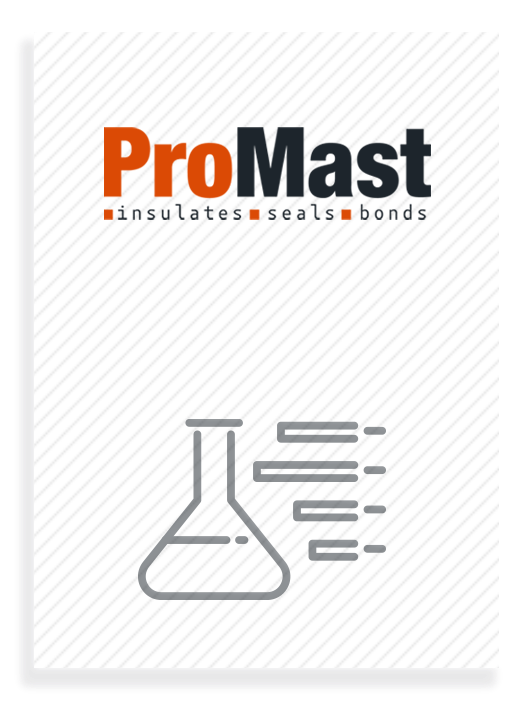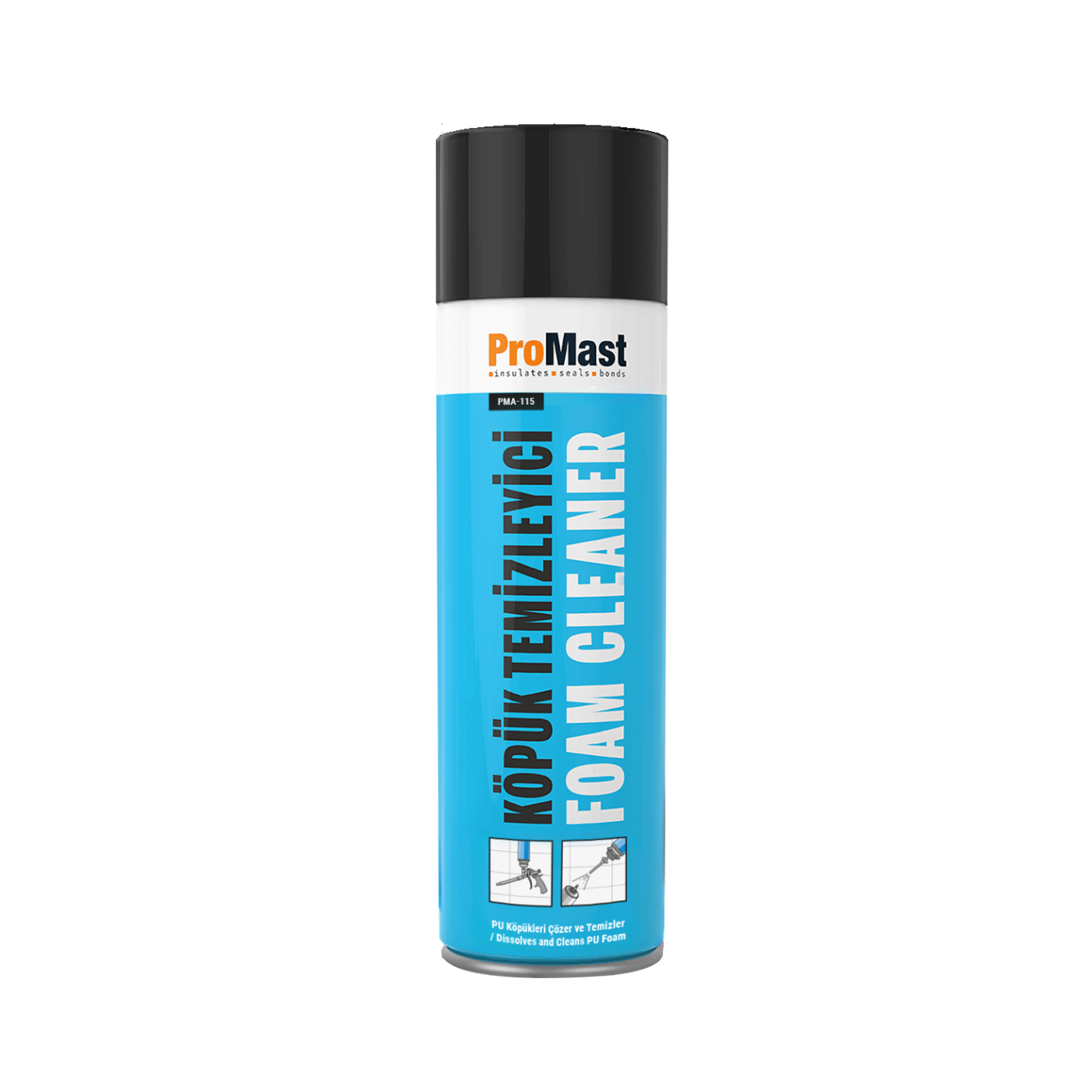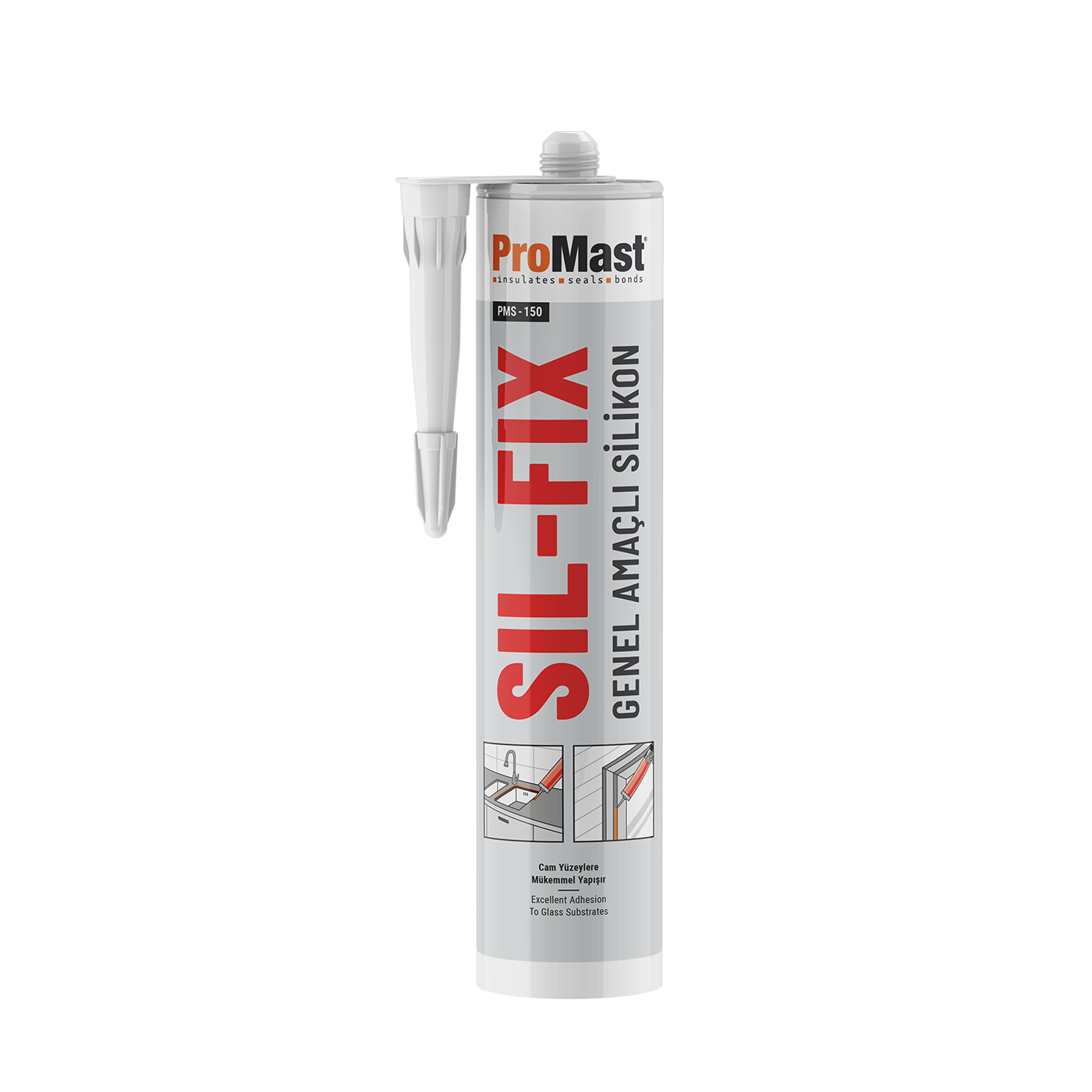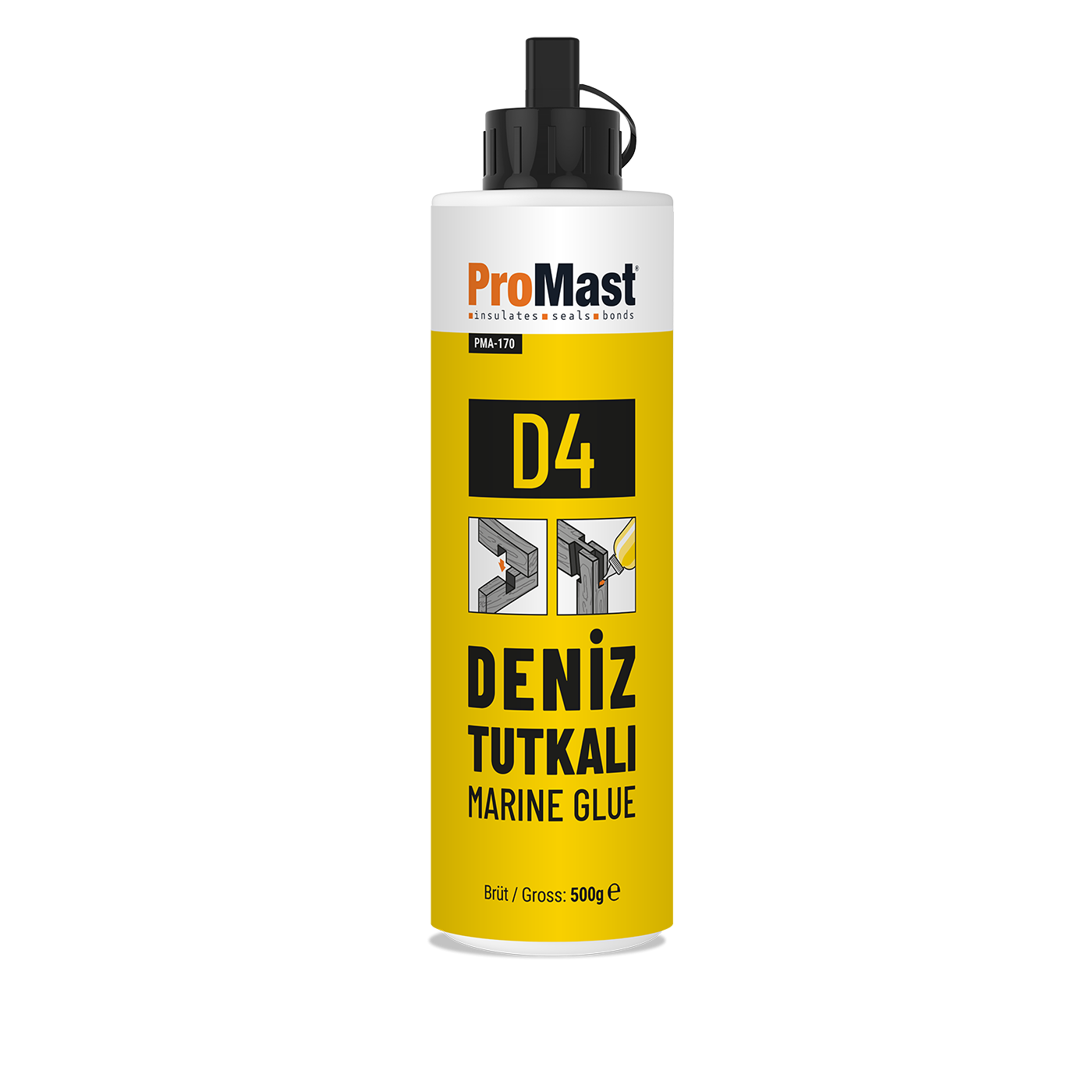- Promast
- Promast
- Products
- Aerosol PU Foams
- Fillmax
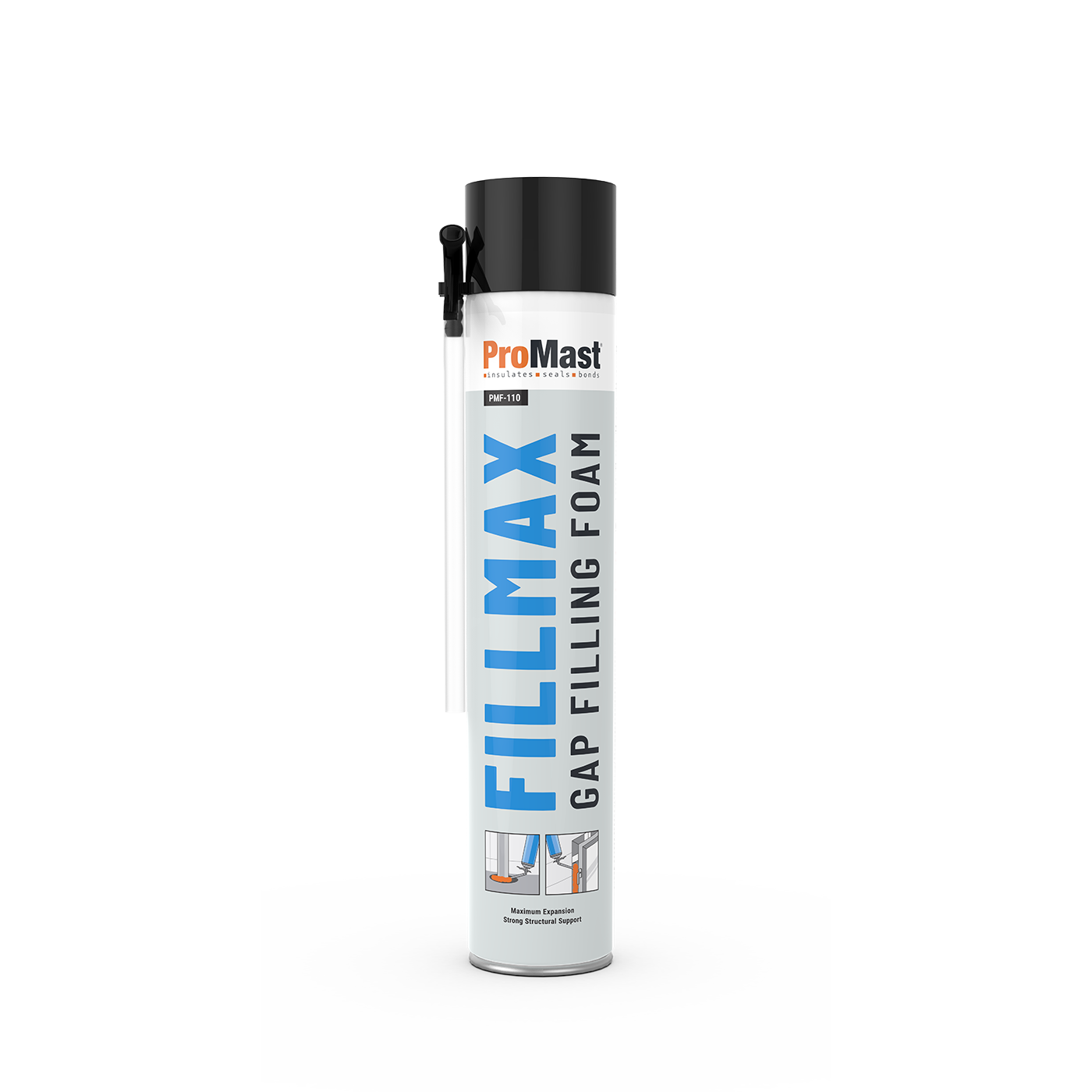
Gap Filling Foam
Fillmax

Gap Filling Foam
Fillmax
Economical and effective polyurethane foam designed for general purpose gap filling applications in buildings.
600 g
15 months
Economical and effective polyurethane foam designed for general purpose gap filling applications in buildings.
600 g
15months
Specifications
Adheres to applied surfaces and fills.
It does not shrink.
Grows controlled.
It can be cut, sanded, and painted after curing.
It does not sag on vertical applications.
Application areas
Covering holes, cracks, and gaps in buildings.
Filling the gaps surrounding window frames.
For general purpose filling and fixing needs
Technical info
Density: 24-28 kg/m3
Tack-Free Time: 10-12 minutes
Cutting Time: 35-45 minutes
Shelf Life: 12 months
Volume: 600 g / 820 g
Shrinkage: 3% max
Application methods
Take out the single straw and attach it to the valve by twisting.
Shake the can vigorously.
Moistening application surfaces would accelerate the curing speed and would have a positive effect on cell structure, yield, and adhesion strength.
While the can is upside down, press the trigger for the foam to come out.
Since the foam would expand up to 200 % depending on the environment and surface humidity, fill the gaps partially.
From time to time, shake the can again during the application.
Clean the valve with acetone like a solvent for the next use.
Safety info
It contains diphenylmethane -4, 4 diisocyanates. If inhaled for long periods, it may cause sensitivity on respiratory organs. If the wet foam contacts the skin for long periods, it may cause local rash and sensitivity on the skin. For this reason, the environment should be well-ventilated during the application, contact with the skin should be avoided and protective gloves and safety goggles should be worn while working. The aerosol can is filled with combustible propellant gasses under high pressure. It should not be punctured and should be kept away from any heat source or flames.
Warnings!!
Be careful when using around door frames since the foam expands substantially.
Moistening application surfaces may enable fast curing and better growth.
At temperatures below +10°C, the curing speed of the foam may decelerate and its structure may change. For this reason, at lower temperatures, the surface of the foam should be moistened.
If the foam is not painted over, it might deform when exposed to direct sunlight.
Adheres to applied surfaces and fills.
It does not shrink.
Grows controlled.
It can be cut, sanded, and painted after curing.
It does not sag on vertical applications.
Covering holes, cracks, and gaps in buildings.
Filling the gaps surrounding window frames.
For general purpose filling and fixing needs
Density: 24-28 kg/m3
Tack-Free Time: 10-12 minutes
Cutting Time: 35-45 minutes
Shelf Life: 12 months
Volume: 600 g / 820 g
Shrinkage: 3% max
Take out the single straw and attach it to the valve by twisting.
Shake the can vigorously.
Moistening application surfaces would accelerate the curing speed and would have a positive effect on cell structure, yield, and adhesion strength.
While the can is upside down, press the trigger for the foam to come out.
Since the foam would expand up to 200 % depending on the environment and surface humidity, fill the gaps partially.
From time to time, shake the can again during the application.
Clean the valve with acetone like a solvent for the next use.
It contains diphenylmethane -4, 4 diisocyanates. If inhaled for long periods, it may cause sensitivity on respiratory organs. If the wet foam contacts the skin for long periods, it may cause local rash and sensitivity on the skin. For this reason, the environment should be well-ventilated during the application, contact with the skin should be avoided and protective gloves and safety goggles should be worn while working. The aerosol can is filled with combustible propellant gasses under high pressure. It should not be punctured and should be kept away from any heat source or flames.
Be careful when using around door frames since the foam expands substantially.
Moistening application surfaces may enable fast curing and better growth.
At temperatures below +10°C, the curing speed of the foam may decelerate and its structure may change. For this reason, at lower temperatures, the surface of the foam should be moistened.
If the foam is not painted over, it might deform when exposed to direct sunlight.
